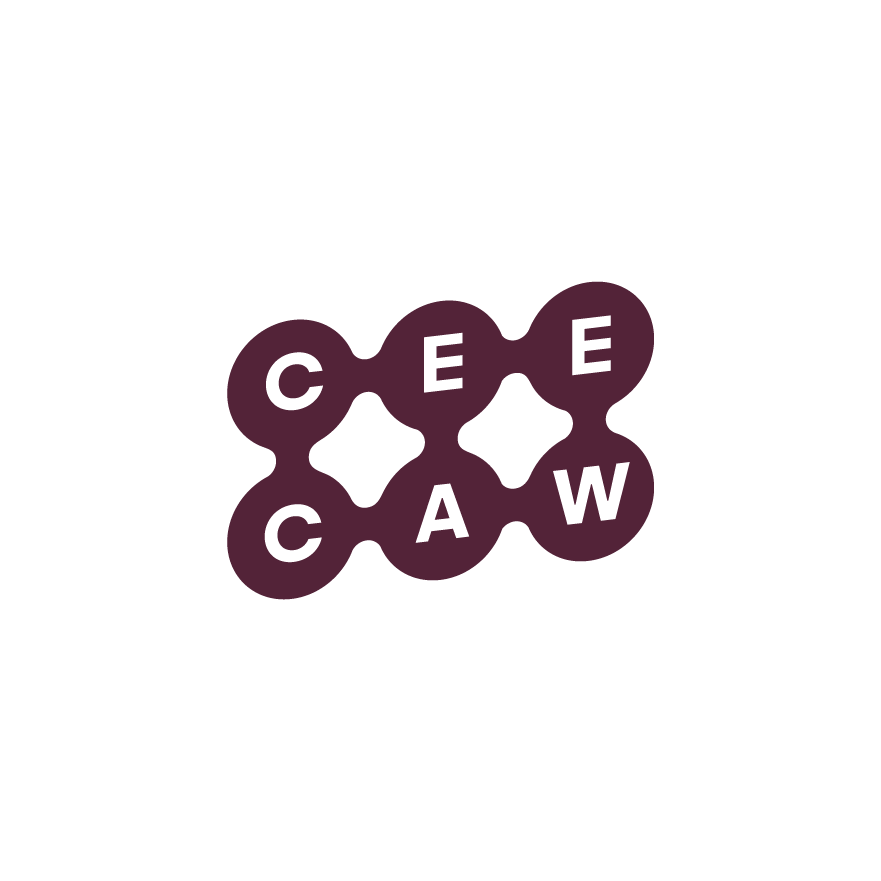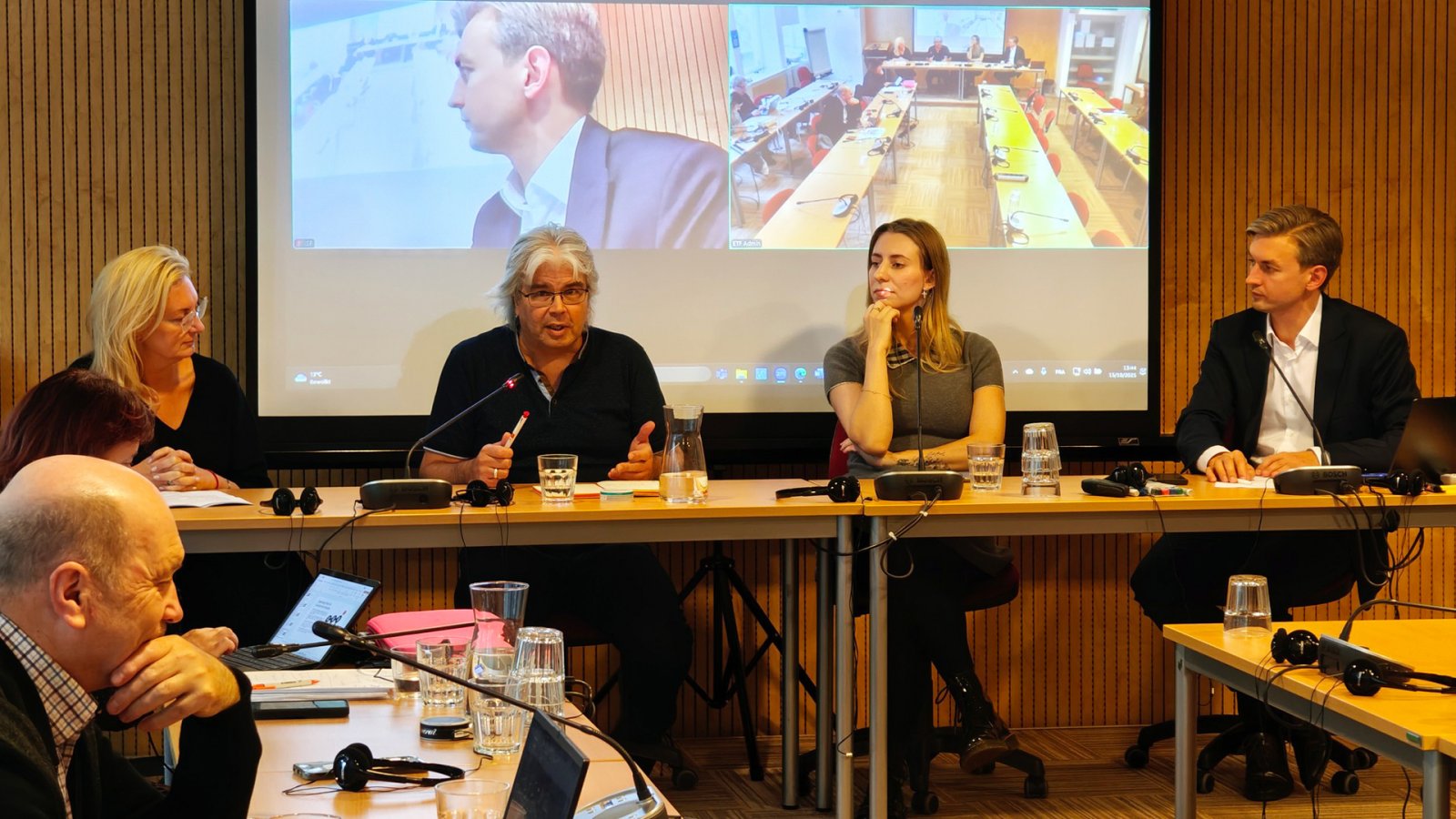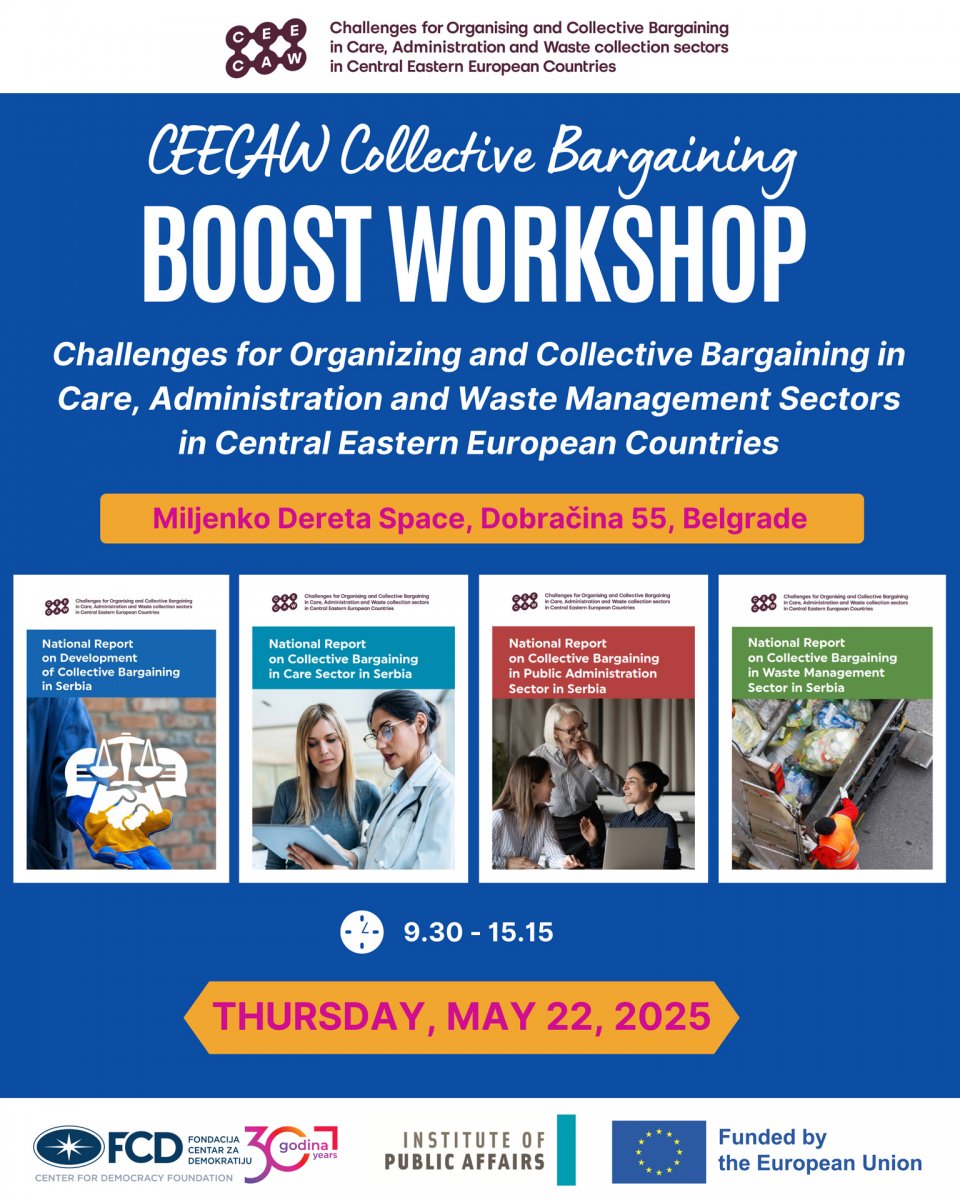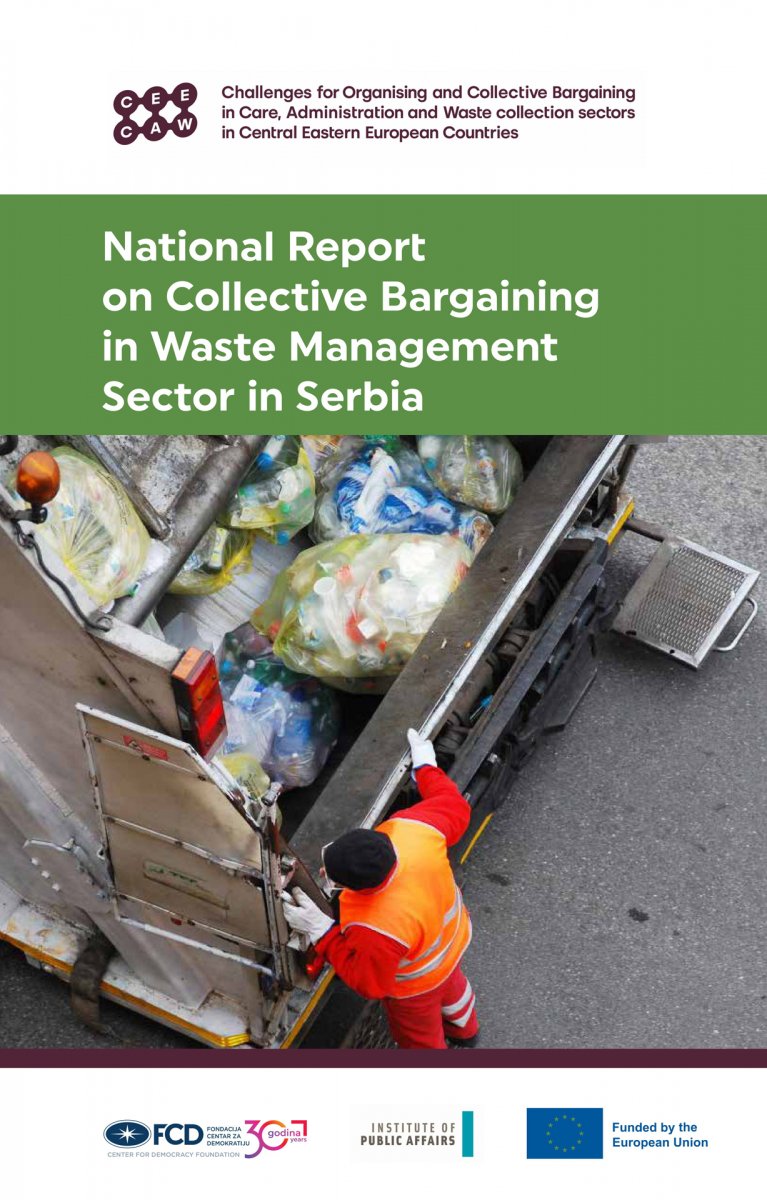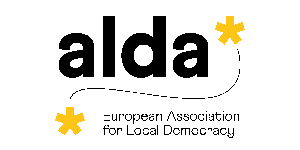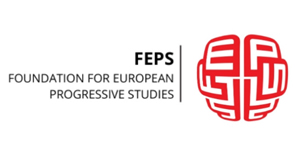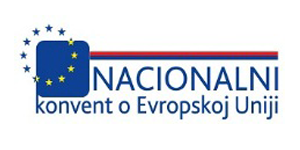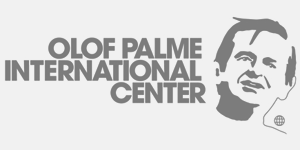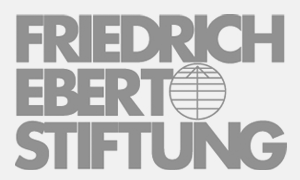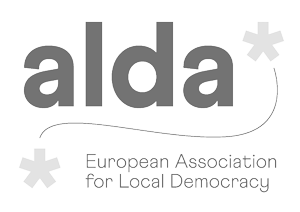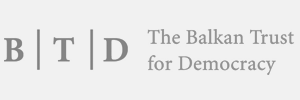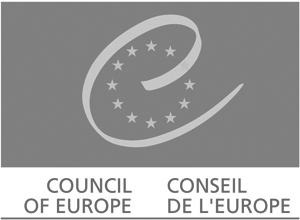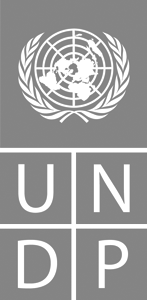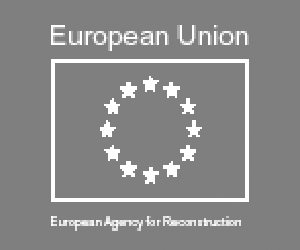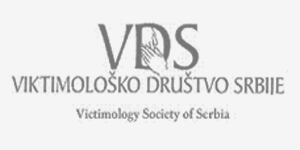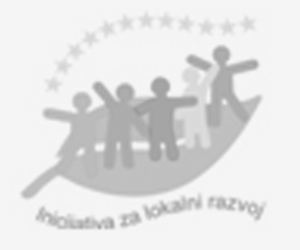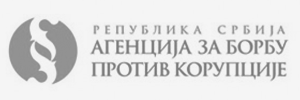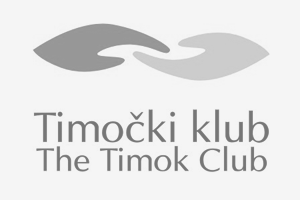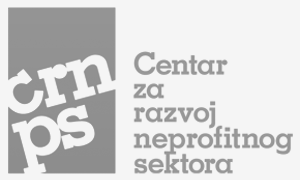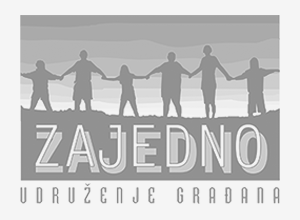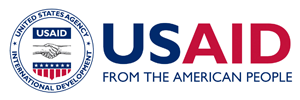Challenges for Organising and Collective Bargaining in Care, Administration and Waste collection sectors in Central Eastern European Countries - CEECAW
In November 2023, the Foundation started the implementation of a two-year project “Challenges for Organising and Collective Bargaining in Care, Administration and Waste collection sectors in Central Eastern European Countries (CEEC)” (CEECAW).
The aim of the CEECAW project is to develop collective bargaining (CB) in three sectors (care, waste management, central public administration sectors) in the EU Central Eastern European countries (CEEC) and Serbia (an EU candidate country). The project aims at supporting trade unions (at sectoral and national levels) in the implementation of the goals indicated in Article 4 of the Adequate Minimum Wage Directive in EU.
The CEECAW project aims to address the following gaps:
- Lack of reliable knowledge about the degree to which workers are organised into trade unions in the three sectors and the problems faced by trade unions to increase the number of organised workers in CEE countries
- Lack of reliable knowledge about the scale of collective bargaining and the content of collective agreements in the indicated three sectors in CEEC
- Lack of structured knowledge about the tripartite dialogue activities undertaken in the indicated three sectors in CEEC
The project includes a research part - an analysis of the state of social dialogue and collective bargaining in the indicated sectors, and an analysis of the expectations and needs of national trade unions in relation to the implementation of Article 4 (collective bargaining development) in CEEC.
The research will lead to the development of 12 national reports, 4 comparative reports and 4 policy papers in care, waste management, central public administration sectors (on CEEC and Serbia). The comparative reports and their conclusions will be presented and discussed at 4 scientific seminars.
In order to increase the capacity of trade unions in the three sectors to engage in collective bargaining, 5 National Collective Bargaining boost workshops will be conducted in Poland, Slovakia, Lithuania, Bulgaria and Serbia. The project will develop policy papers that can serve as a basis for further work and discussion for social partners in CEE countries and inspire public authorities. The project will culminate in a Roundtable in Brussels, which will allow for a broad stakeholder debate.
Project duration: 2023-2025
Donor: European Commission (DG Employment, Social Affairs and Inclusion)
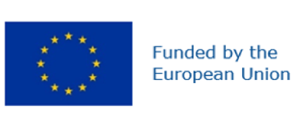
Project coordinator: Institute of Public Affairs, IPA (Poland)
Partner organizations:
- Center for Democracy Foundation, CDF (Serbia)
- Lithuanian Centre for Social Sciences, LSMC (Lithuania)
- Central European Labour Studies Institute, CELSI (Czechia, Hungary, Slovakia)
- Institute of Philosophy and Sociology, Bulgarian Academy of Sciences, IPS BAS (Bulgaria)
- European Federation of Public Service Unions, EPSU (EU-level)
- Federation of Health and Welfare Workers' Unions, FZZPOZIPS (Poland) - Associate Partner

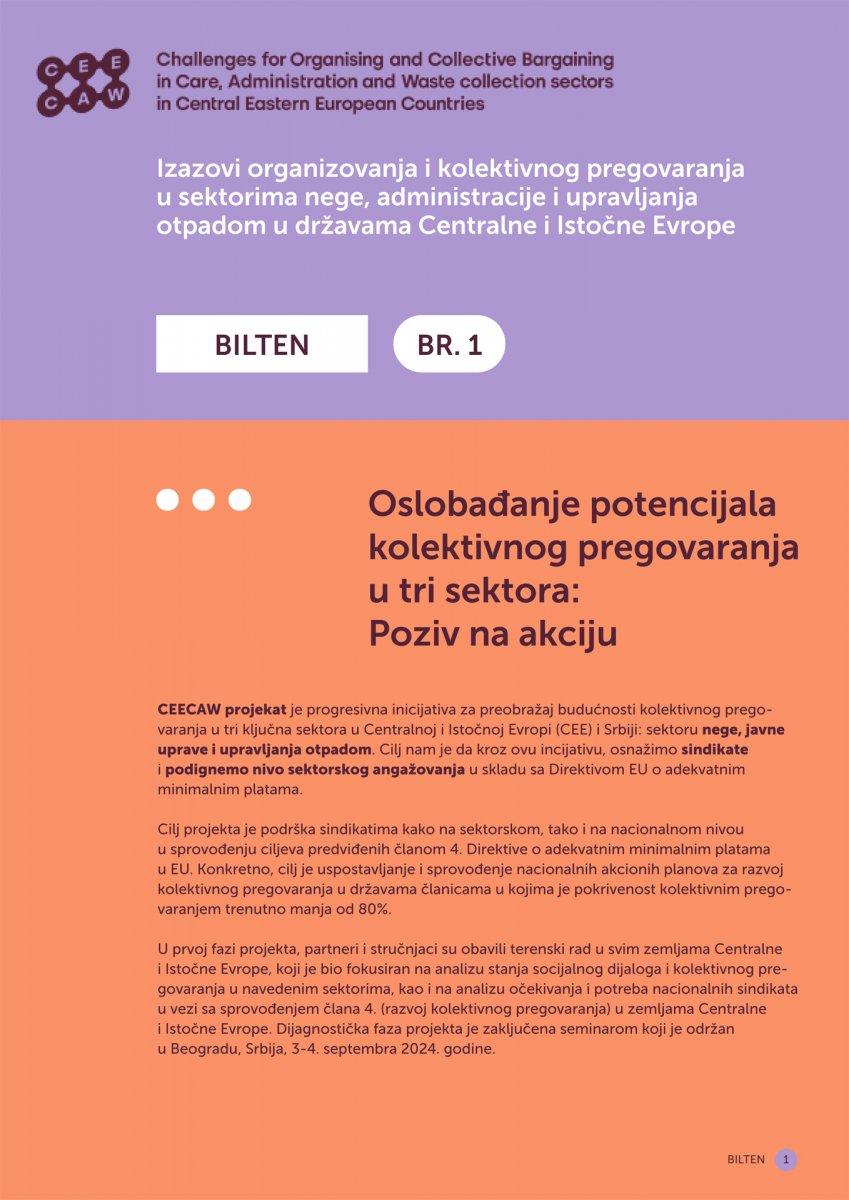 |
Oslobađanje potencijala kolektivnog pregovaranja u tri sektora: Poziv na akciju
|
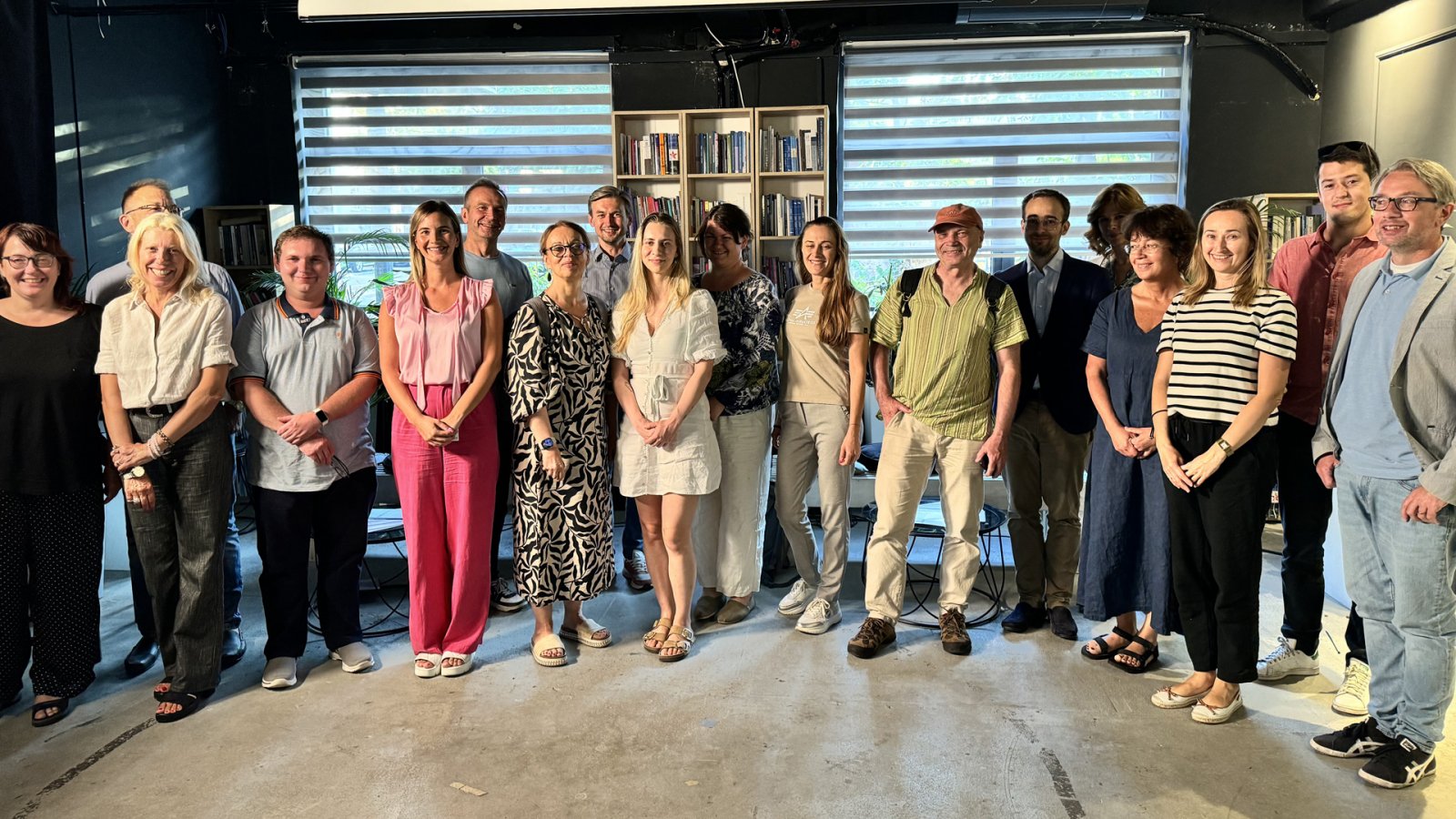 |
|
PUBLICATIONS
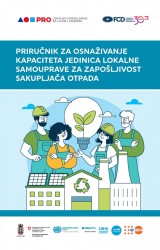 Manual for Strengthening the Capacities of Local Self-Government Units for the Employability of Waste Pickers
Manual for Strengthening the Capacities of Local Self-Government Units for the Employability of Waste Pickers
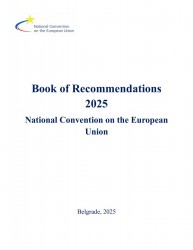 NCEU Book of Recommendations 2025
NCEU Book of Recommendations 2025
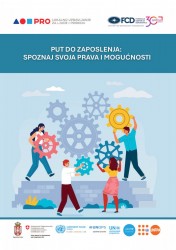 Manual “The Path to Employment: Get to Know Your Rights and Opportunities”
Manual “The Path to Employment: Get to Know Your Rights and Opportunities”
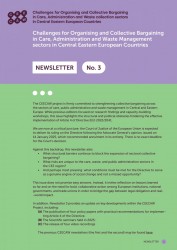 Challenges for Organising and Collective Bargaining in Care, Administration and Waste collection sectors in Central Eastern European Countries
Challenges for Organising and Collective Bargaining in Care, Administration and Waste collection sectors in Central Eastern European Countries
 Public Policy Proposals – Collective Bargaining (CEECAW)
Public Policy Proposals – Collective Bargaining (CEECAW)
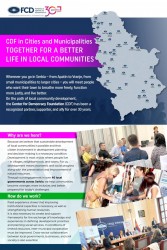 CDF in Cities and Municipalities: Together for a Better Life in Local Communities
CDF in Cities and Municipalities: Together for a Better Life in Local Communities
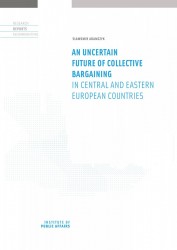 Comparative reports on collective bargaining - CEECAW
Comparative reports on collective bargaining - CEECAW
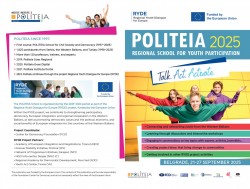 POLITEIA – Regional School for Youth Participation 2025 (leaflet)
POLITEIA – Regional School for Youth Participation 2025 (leaflet)
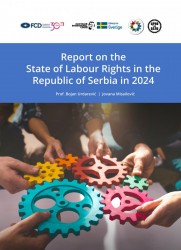 Report on the State of Labour Rights in the Republic of Serbia in 2024
Report on the State of Labour Rights in the Republic of Serbia in 2024
 Unlocking Collective Bargaining Power in Three Sectors: A Call to Action
Unlocking Collective Bargaining Power in Three Sectors: A Call to Action
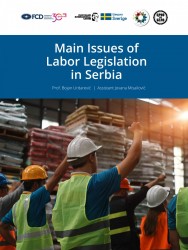 Main Issues of Labor Legislation in Serbia
Main Issues of Labor Legislation in Serbia
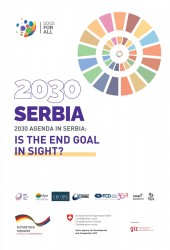 New Monitoring Report by the “SDGs for All” Platform: Is the End Goal in Sight?
New Monitoring Report by the “SDGs for All” Platform: Is the End Goal in Sight?
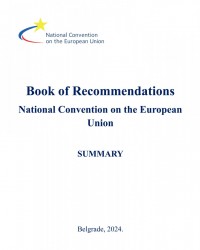 NCEU Book of Recommendations 2024 (Summary)
NCEU Book of Recommendations 2024 (Summary)
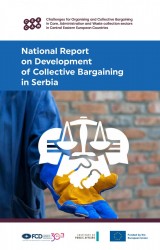 National reports on collective bargaining in Serbia - CEECAW
National reports on collective bargaining in Serbia - CEECAW
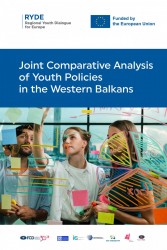 The Comparative Analysis of Youth Policies in the Western Balkans (WB)
The Comparative Analysis of Youth Policies in the Western Balkans (WB)
 Unlocking Collective Bargaining Power in Three Sectors: A Call to Action
Unlocking Collective Bargaining Power in Three Sectors: A Call to Action
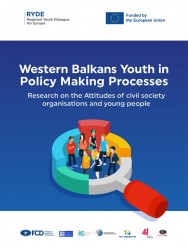 Western Balkans Youth in Policy Making Processes
Western Balkans Youth in Policy Making Processes
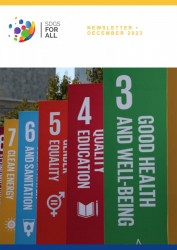 SDGs for All Platform newsletter (December 2023)
SDGs for All Platform newsletter (December 2023)


